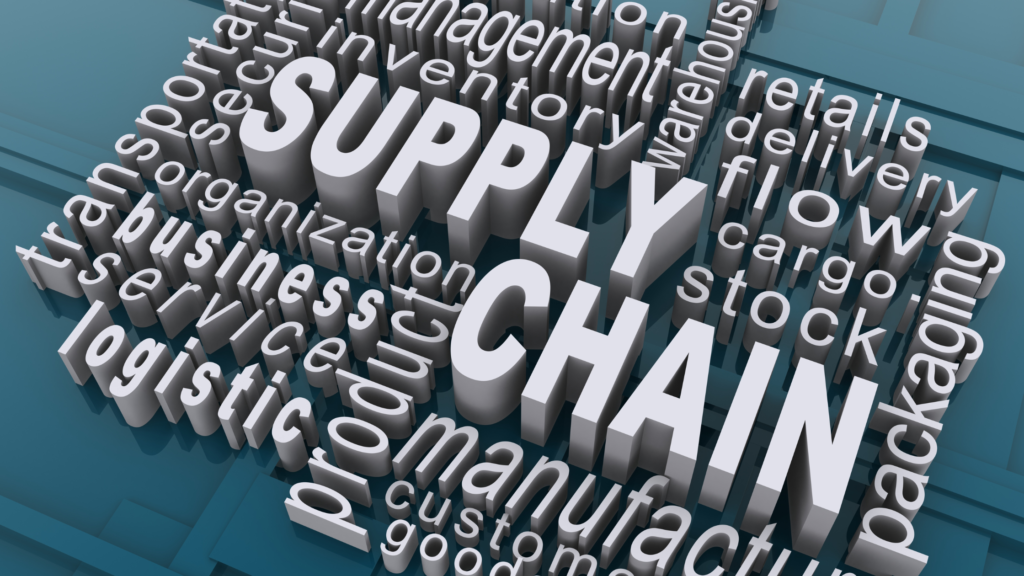In a world where consumers are increasingly savvy and socially conscious, the concept of ethical supply chains has evolved to a make-or-break business strategy. It’s no longer enough to simply deliver products; companies must now account for every step of their journey from raw material to retail shelf. However, building a truly ethical supply chain is a complex balancing of moral obligations with business realities, navigating global complexities, and making tough choices. So, what are the pitfalls to avoid, and what are the strategies that can transform a supply chain from a potential liability into a powerful asset? Let’s dive into the importance of ethical supply chains—the challenges, the opportunities, and the roadmap to making it work in today’s competitive business landscape.
The Importance of Ethical Supply Chains

Ethical supply chains are essential for several reasons:
- Sustainability: Ethical practices ensure that resources are sourced sustainably, reducing environmental impact and supporting long-term ecological balance.
- Trust and Reputation: Companies that commit to ethical sourcing build stronger relationships with consumers, who increasingly demand transparency and responsibility from the brands they support.
- Economic Growth: Fair labor practices and responsible sourcing contribute to economic development in local communities, creating a positive cycle of growth and prosperity.
- Risk Management: By adhering to ethical standards, companies can mitigate risks associated with labor violations, environmental degradation, and regulatory non-compliance.
Strategies for Implementing Ethical Supply Chains
1. Ensuring Transparency and Traceability
Transparency and traceability are the cornerstones of an ethical supply chain. Companies must have visibility into every step of their supply chain, from raw material sourcing to final product delivery. This can be achieved through:
- Supply Chain Audits: Regular audits help ensure that suppliers adhere to ethical standards and regulations.
- Blockchain Technology: Implementing blockchain can enhance traceability by providing a transparent and immutable record of transactions.
- Supplier Engagement: Building strong relationships with suppliers and involving them in ethical initiatives fosters cooperation and compliance.

2. Promoting Fair Labor Practices
Fair labor practices are crucial for maintaining ethical supply chains. Companies should:
- Adhere to Labor Laws: Ensure compliance with international labor standards, including fair wages, safe working conditions, and the prohibition of child and forced labor.
- Empower Workers: Provide training and development opportunities to workers, enhancing their skills and improving their livelihoods.
- Monitor Working Conditions: Use third-party inspections and worker feedback mechanisms to continuously monitor and improve working conditions.

3. Adopting Sustainable Sourcing Practices
Sustainable sourcing involves selecting suppliers and materials that minimize environmental impact. Strategies include:
- Sourcing Locally: Procuring materials locally reduces carbon footprints and supports local economies.
- Using Eco-Friendly Materials: Prioritize materials that are renewable, recyclable, or have a lower environmental impact.
- Certifications: Partner with suppliers that have recognized sustainability certifications, such as Fair Trade, Organic, or FSC (Forest Stewardship Council) certification.

Challenges in Building Ethical Supply Chains

Implementing ethical supply chains comes with several challenges:
- Complexity and Cost: Ethical sourcing can be more complex and costly than conventional methods. It requires investment in monitoring systems, audits, and training programs.
- Supplier Compliance: Ensuring supplier compliance with ethical standards can be difficult, especially in regions with weaker regulatory frameworks.
- Consumer Awareness: While consumer demand for ethical products is growing, not all consumers are aware of the importance of ethical supply chains, which can limit market incentives for businesses to adopt these practices.
Overcoming Challenges
To overcome these challenges, businesses can:
- Invest in Technology: Utilize technology to streamline monitoring and compliance processes, making ethical sourcing more manageable and cost-effective.
- Collaborate with Stakeholders: Work with NGOs, industry groups, and government agencies to promote ethical standards and support supplier compliance.
- Educate Consumers: Raise awareness about the importance of ethical supply chains through marketing and educational campaigns, driving consumer demand for ethically sourced products.
Ethical supply chains are not only a business imperative but also a pathway to creating a more sustainable and equitable global economy. By embracing transparency, promoting fair labor practices, and adopting sustainable sourcing methods, businesses can drive significant social, environmental, and economic impact. For organizations like Bottom Billion Corporation, focusing on ethical supply chains aligns with their mission to promote sustainable development and empower underserved communities. As businesses and consumers become more conscious of their impact, the demand for ethical supply chains will continue to grow, making them a vital component of responsible business practices.



